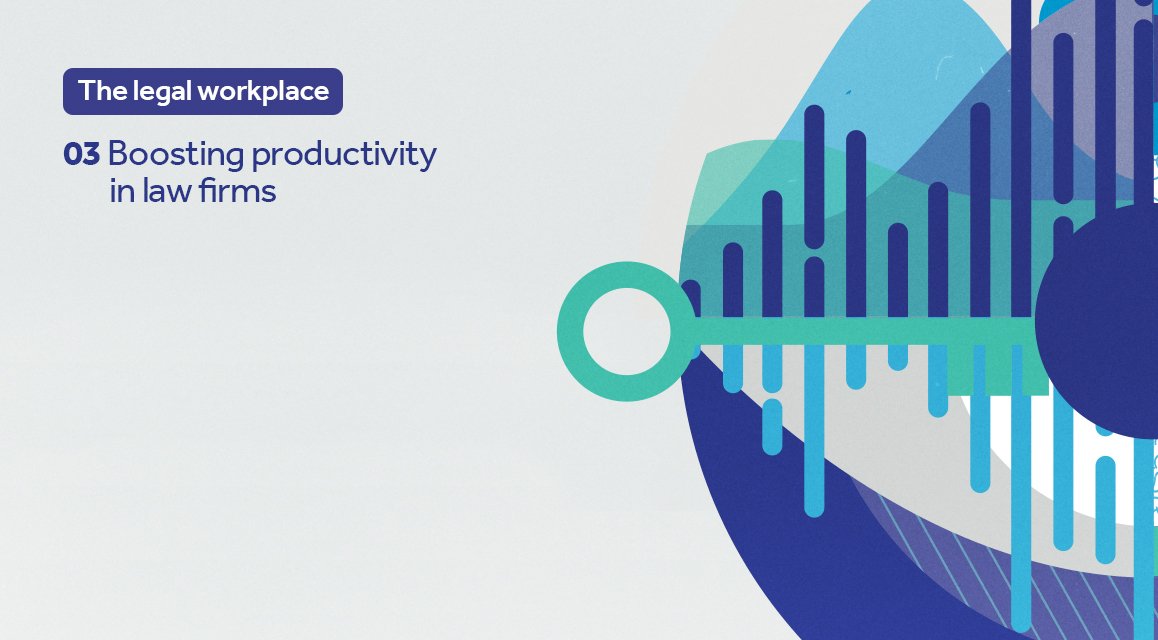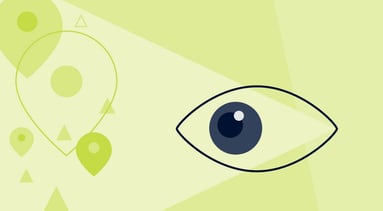
Despite all the advantages, the legal sector, perhaps more than any other, has struggled with the move away from cellular offices. Lawyers like to hold onto their personal spaces; due to privacy, confidentiality and security, yet all of these can be overcome with the right workplace design and strategy.
Privacy, confidentiality and security are different but interlinked, and they apply to lawyers as well as their clients and work. For example, staff may feel exposed when working on certain cases in an open plan office, and may struggle to handle personal calls and business at work. They may feel they can’t make files sufficiently secure from prying internal or external eyes.
Technology can help and hinder
Embracing the latest technology is a great place to start, including encryption for data and biometrics for access to offices, files and printing. Cloud services can keep files off local devices and can securely manage print, and by making files accessible from anywhere can also remove much of the need to print altogether. However, a tablet can be left on a train just as easily as a print-out can (good practice and training can iron out the challenges here), and legislation in your jurisdiction may place a higher emphasis on the protection of electronic files than hard-copy ones.
The physical office is important
There’s so much that can be done to protect people, information and work product in the office. Electronic access, lockable storage (whether ‘to hand’ or archived), screening between work areas, the positioning of desks and screens, and special areas for confidential work or handling private phone calls will all help.
Don't forget about cyberattacks
Law firms are a particular target for cyberattacks; 73 of the UK’s top 100 law firms have been targeted by cyber criminals, for example. That might be for financial gain, the secrets and strategies they hold, or the personal data of employees and clients.
"Every large company sends all of its IP, next product plans, M&A information – on which you could trade or buy stock and make millions of dollars – to the largest law firms." – US attorney Chris Pearsoni
You are not one office
It's likely that your office requirements for privacy, confidentiality and security will vary between practice groups. We work to always take a separate brief from each practice area to ensure the maximum levels of protection for them – as well as the maximum level of confidence on the part of employees and clients.
What impact has COVID-19 had on the legal workplace?
Gain insight into the key learnings from the legal sector in our study of 3,000 office workers and 2,750 employers across Europe. Download the report.


